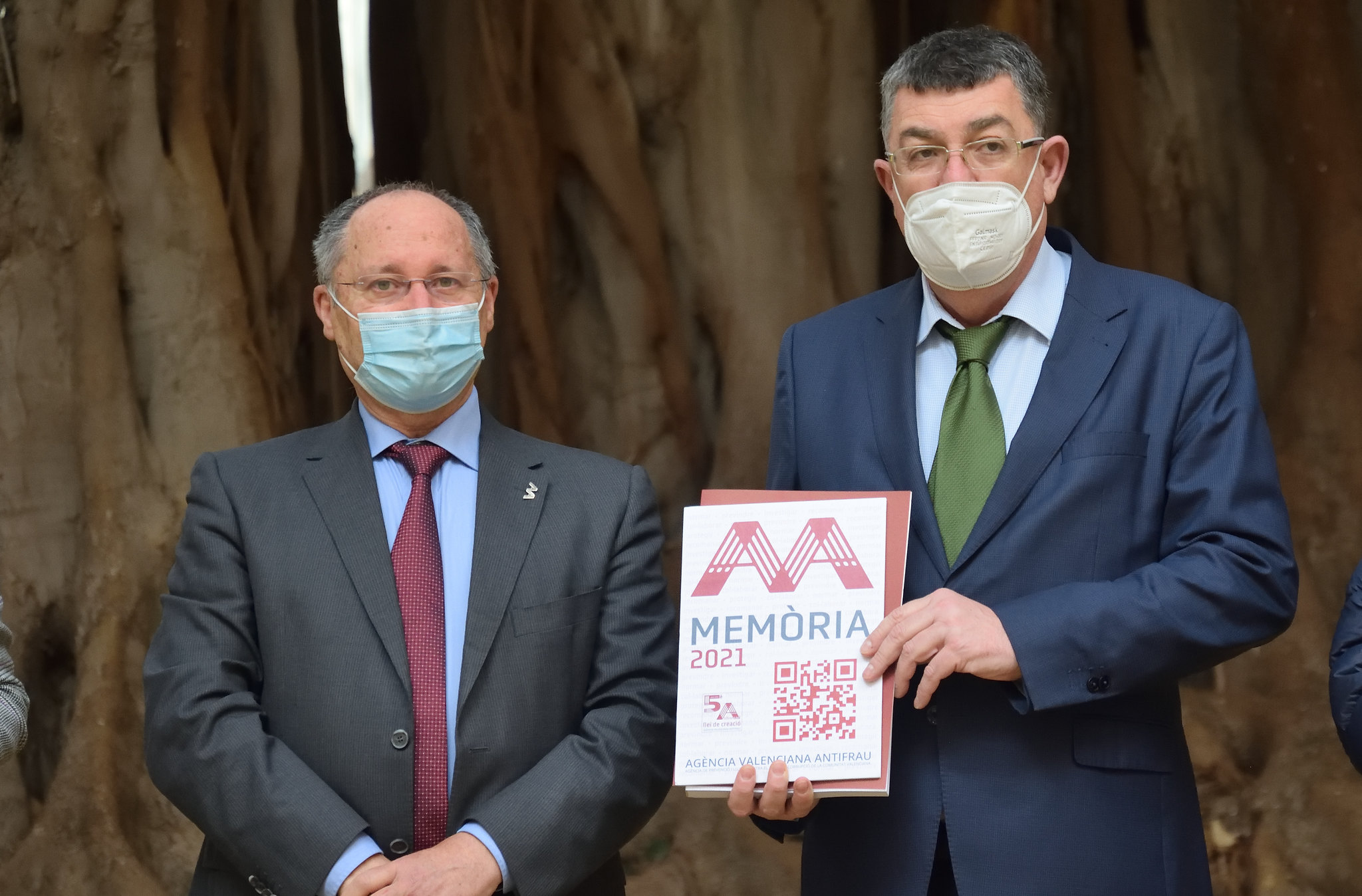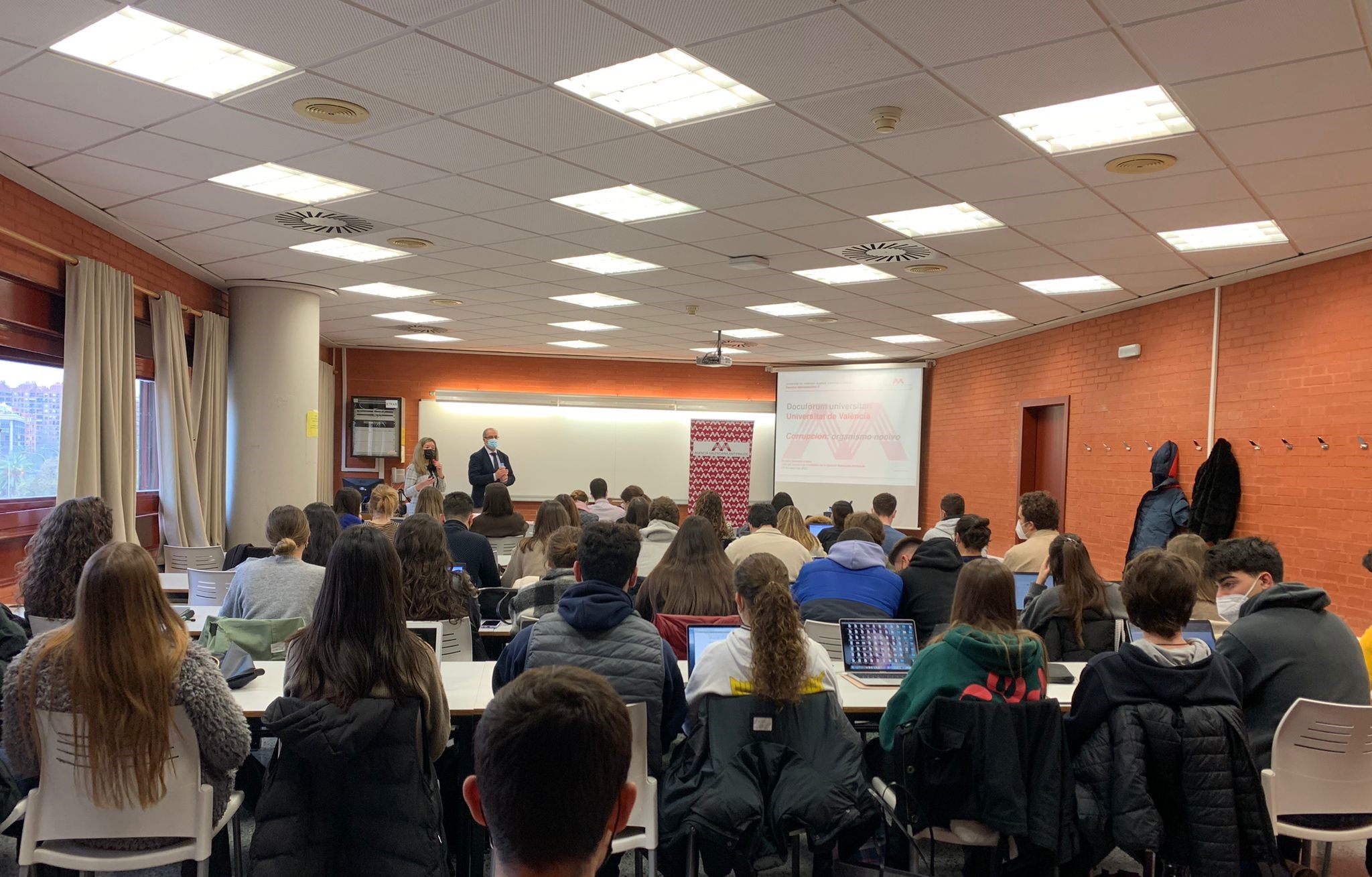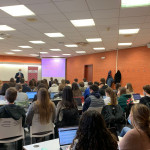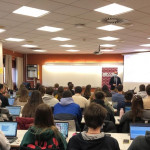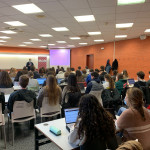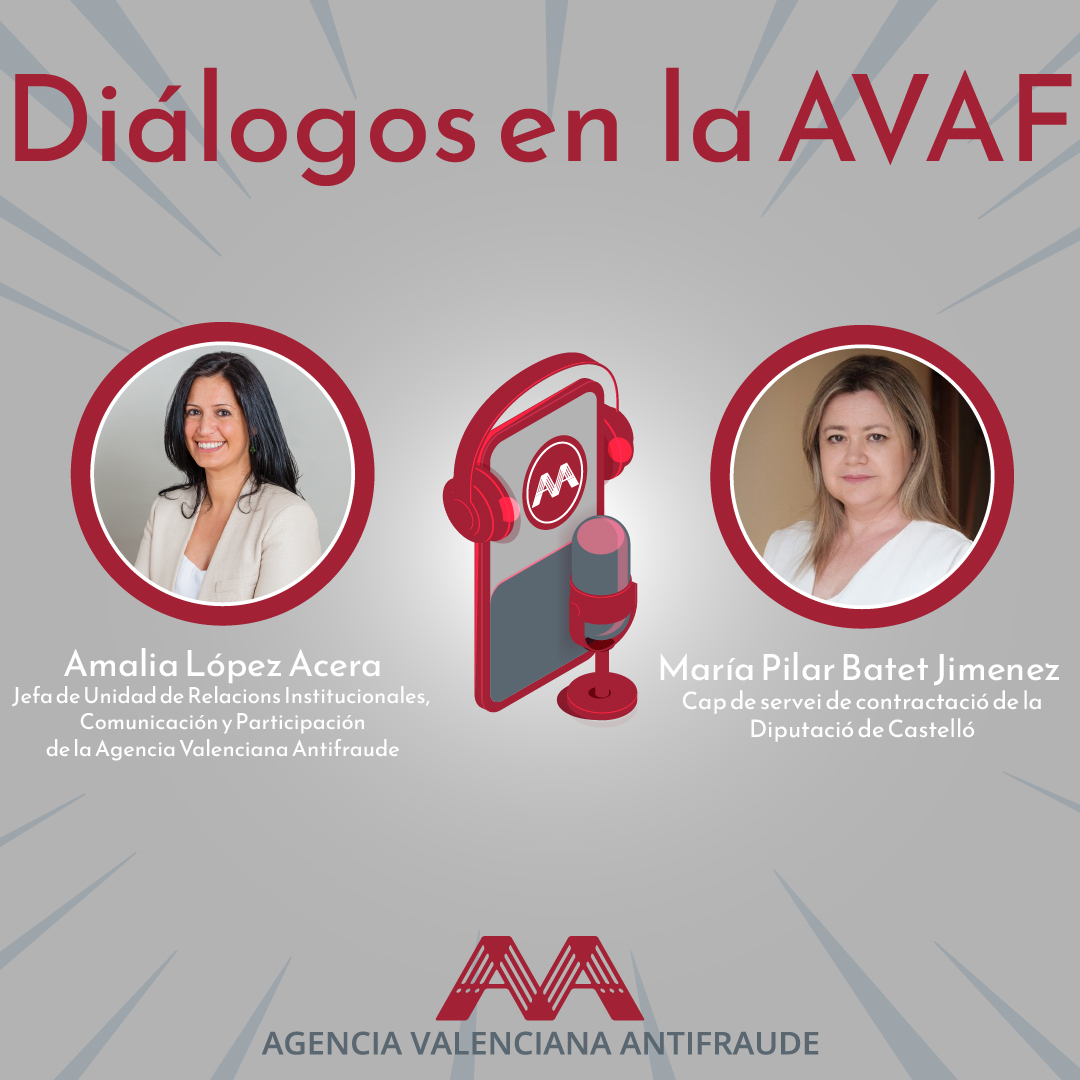Valencia, March 29, 2022.- The Valencian Anti-Fraud Agency has presented to the Mesa de Les Corts its Activity Report corresponding to the year 2021, thus complying with the mandate contained in article 22 of Law 11/2016 on the creation of the Agency.
The award ceremony took place in the Pati de Les Corts and was attended by the President of Les Corts, Enric Morera, the members of the Table of Les Corts and a representation of the Ombudsmans.
On this occasion the Activity Report has been delivered through a QR code from which you can easily download the document. In this way, the AVAF contributes to the reduction of paper consumption and economic expenditure by adhering to the 2030 sustainability commitments.
The Report includes the activity carried out by the Agency in 2021 in the area of training, prevention and documentation; the legal and protection area of the complainant; analysis and research; administration, recruitment and human resources and communication.
After the act of delivery of the Report, the director of the AVAF, Joan Llinares, attended the media and highlighted some of the most relevant aspects included in the Report.
During 2021, the Agency has received 359 complaints, mainly through its Complaints Mailbox, which represents 58% more complaints compared to 2020. Since its creation in 2017, the Agency has opened a total of 969 investigation files.
A fact to highlight from the work carried out by the Agency is that it has determined that the amount recoverable by Valencian public institutions as a result of the investigations completed by the Agency in 2021 exceeds 23 million euros.
With regard to the training activity in 2021, the Agency has organized 43 training actions in which more than 1,800 people have participated, which has meant a considerable increase in relation to the 23 activities organized and the 827 people who participated in 2020.
It is also worth mentioning the elaboration during the year 2021 of a Guide along with various materials to help public institutions develop their public integrity plans in accordance with the requirements of the Next Generation funds. The Agency also approved its Code of Ethics and Conduct and constituted its Ethics Committee.
The director of the Agency, Joan Llinares, has stated that “this Activity Report includes all the work done by the AVAF staff in their different areas during the year 2021, an especially significant year in which we have celebrated the 5th anniversary of the approval of the Law of creation of the Agency”.
“With the presentation of this Report to Les Corts, the Agency complies with this requirement and from this moment the document is available to all citizens on our website so that they can learn in more detail about the work we do in the fight against fraud and corruption and in the creation of ethics and public integrity,” added Llinares.


